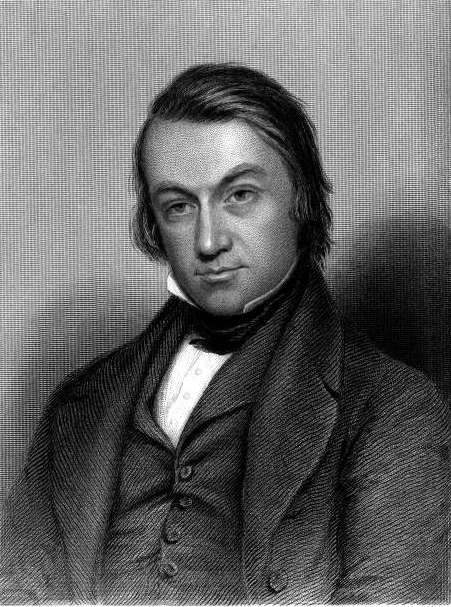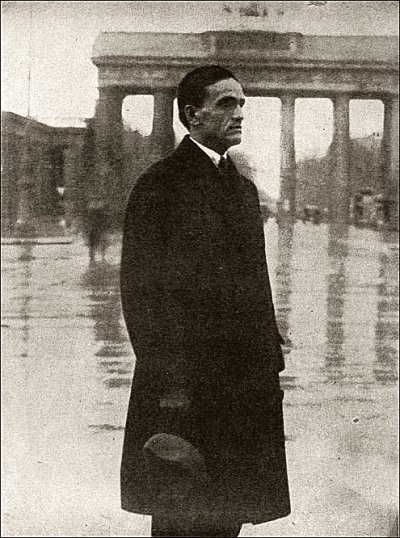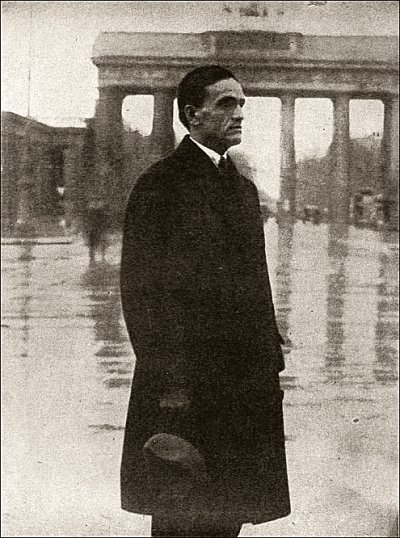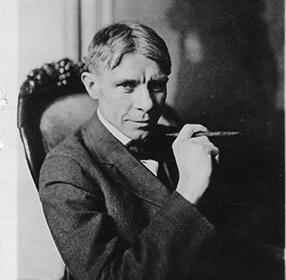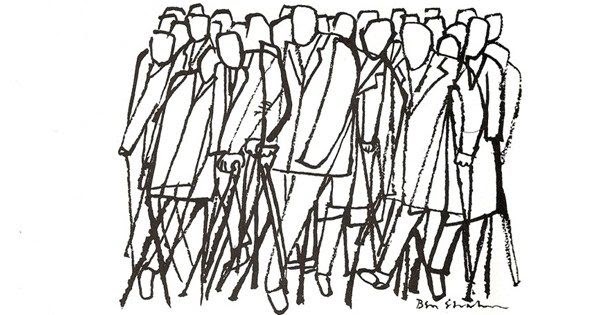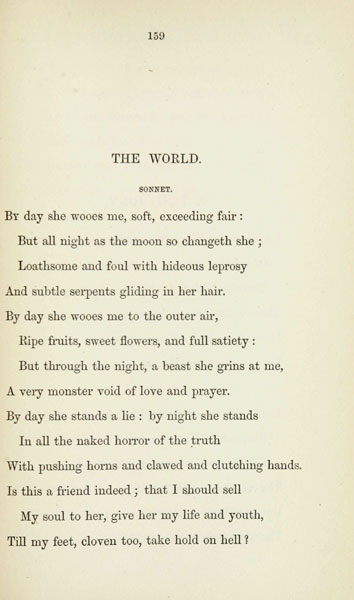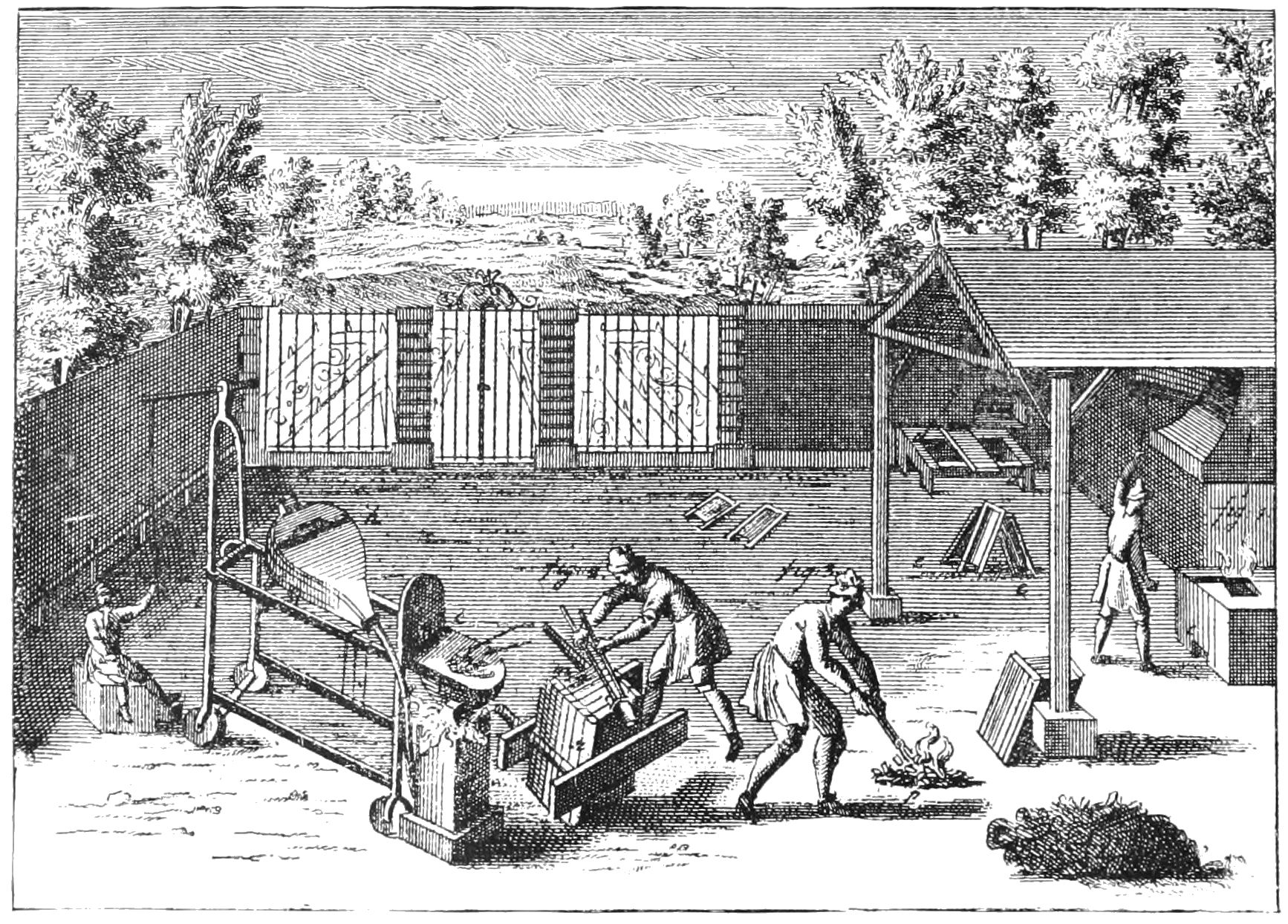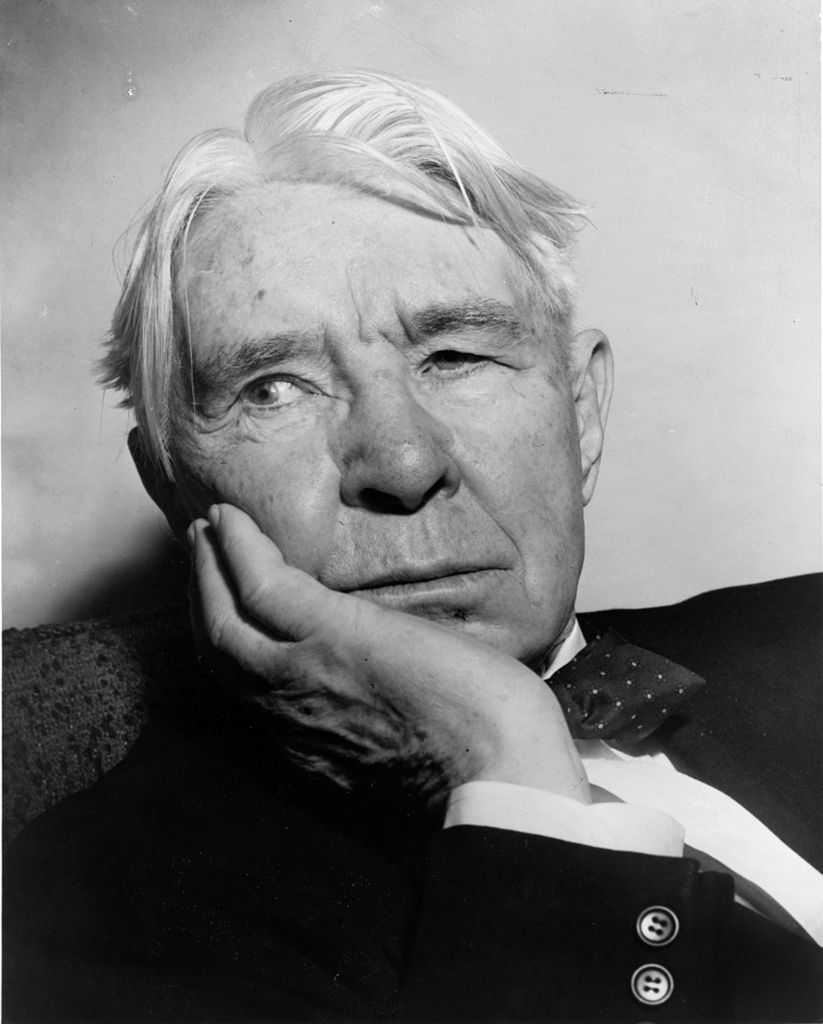Critical Analysis of Sympathy:
In this poem, Charles Mackay describes one incident, and two contrasting outcomes to that incident. Through this contrast, he shows how charity can be of two types. The first type of charity consists of providing financial help to the disadvantaged. This is the kind of charitable activity that is performed by the proud man. He sees the poet in need of help because he has been injured, and provides him with money to treat himself. As a result, the poet is able to recover his health under proper medical care. Therefore, his physical needs are answered. However, his emotional needs are not seen to at all by the proud man. He does not offer the poet any word of encouragement that will give him the courage and strength to deal with the situation at hand. He is proud of his wealth. So in any situation, it is his wealth that he turns to. He does not believe that there is any event at which his wealth will fail to come to use. Therefore, he also cannot conceive how to help the poet in any other way than to provide him with money. Hence, this kind of charity is both incomplete and ineffective to a certain extent.
The second kind of charity consists of sympathy. One can tell from the very title of this poem that the poet prefers the second kind of charity to the first. This is because sympathy is both a complete and an effective solution to any distressful situation. Sympathy answers the poet’s physical needs as well as his emotional needs. Sympathy is embodied through the actions of the poor man who comes to the poet’s rescue when he is injured and lying on the street.
The poor man has no money to offer the poet, so he is forced to look for other ways in which to help the poet. It is then that he falls back on his ability to sympathize with the poet’s situation. He knows that the poet in experiencing pain and sorrow, and he has also experienced those emotions at some point of time or the other. So he knows that the poet needs to be taken care of both physically and emotionally. That is why he treats the poet’s injuries, gives him food and drink, and also talks to him. By doing all these things, he boosts up the poet’s morale so that the poet can gain the strength to recover in body and in mind. Hence, the poor man’s form of charity is infinitely better than the proud man’s method. Because the proud man had only provided the poet with material help in the form of money, it is easy for the poet to repay him. On the other hand, the poor man provided the poet with the kind of help that does not have a physical manifestation. That is why the poet is at his wit’s end as to how he will be able to repay the poor man.
Annotation of Sympathy:
Please note: N= noun, V=verb, Adj=Adjective, Adv=Adverb, P=Preposition
Sorrow (N): A feeling of deep distress caused by loss, disappointment, or other misfortune suffered by oneself or others
Depressed (Adj): (Of a person) in a state of unhappiness or despondency
Grief (N): Intense sorrow, especially caused by someone’s death
Proud (Adj): Feeling deep pleasure or satisfaction as a result of one’s own achievements, qualities, or possessions or those of someone with whom one is closely associated
Cold (Adj): Lacking affection or warmth of feeling; unemotional
Kindly (Adj): Kind, warm-hearted, or gentle
Erect (Adv): Rigidly upright or straight
Blessed (V): Past tense of the word “bless”, that is, to express or feel gratitude to; thank
Charity (N): The voluntary giving of help, typically in the form of money, to those in need
Want (N): A lack or deficiency of something
Bound (V): Past tense of the word “bind”, that is, to bandage (a wound)
Heavenly (Adj): Of heaven; divine
Sympathy (N): Understanding between people; common feeling
Poetic Devices in Sympathy:
Rhyme scheme:
If we divide this 16-line poem into 4 units of 4 lines each, then each of those units will be found to follow the same simple rhyme scheme, that is, ABCB.
Rhetorical devices:
Transposed sentence:
Poets often change the sequence of words in their lines in order to maintain the rhyme scheme chosen by them for that particular poem. In this poem, the poet uses the device of a transposed sentence on the 2nd line when he writes “My grief a proud man heard” instead of writing “A proud man heard my grief”, and again in the 15th and 16th lines when he writes “… greater far/ Is heavenly sympathy” instead of writing “heavenly sympathy is far greater”, the latter expression being the more grammatically correct in both cases.
Metonymy:
This rhetorical device consists of the substitution of the name of an attribute or adjunct for that of the thing meant. In this poem, the poet uses the device of metonymy in the 3rd line when he uses the word “gold” in place of “money” because in the olden days, money was minted in the form of metallic coins and some of those coins would be made of gold. The poet again uses this device in the 11th line when he writes “bread” in place of “food”.
Central Idea of Sympathy:
Once the poet had been injured and was lying by the side of the road. He was in a lot of pain. He was also very depressed at the lack of any human company. At such a time, a proud man was passing by the road on which the poet was lying down. He noticed the poet in his suffering and came forward to help him out. He gave the poet enough money to get himself treated but does not give him any word of encouragement. When the poet recovered, he was easily able to pay the proud man back his money. In addition to this, he thanked the proud man and blessed him for his charitable behavior. However, in a strikingly similar incident, the injured and distressed poet is helped by a poor man. He has no money to offer the poet. So he takes it upon himself to bandage the poet’s wound, to give him some food and drink, and to talk to him about how he must stay strong and fight against the circumstances that are giving him a very hard time. When the poet recovers, he is unsure of how he will be able to repay the poor man. He realizes that you cannot put a value on human sympathy and that it is worth much more than money alone.
Themes of Sympathy:
Physical and emotional needs of man:
A man has both physical and emotional needs. When a man is going through a tough time, it is not just his body but also his mind that has to be taken care of. Just as a man must keep up his immunity in order to be able to recover from injuries and diseases, he must also be mentally strong so that no situation makes him feel helpless or victimized. If we really want to help a man, we must look after both these needs. We must treat his body, and also invigorate his spirit.
Two kinds of charity:
The proud man and the poor man in this poem represent the two different kinds of charity. The first kind, embodied in the proud man, consists of financial help. Money can certainly help us to get out of distressful situations, but it does not give us the strength to fight against those situations from a mental standpoint. On the other hand, the second kind of charity, embodied in the poor man, consists of human sympathy. This kind of charity does not have a physical manifestation. However, it is more valuable than money because it answers both our physical and our emotional needs. It gives us the courage to face any situation and to believe that we will emerge triumphant at last.
The Tone of Sympathy:
The tone of this poem is slightly moralizing, but in no way is it preachy. The poet does not exactly set out to teach us a lesson, but only tells us an engrossing anecdote and what that situation has taught him. His message is an inspiring one, and one that is told in such a way that it holds our attention throughout the length of the poem.
Conclusion:
This poem is one of the best known among the poems of Charles Mackay. This is because its content is very relatable. We have all been faced with distressful situations, and if we are lucky, we have had a friend to help us out of such situations by providing a kind word at our time of need. That is perhaps why readers love this poem so much. It is not that they are unaware of the invaluable nature of human sympathy, but that they are reassured by it again and again by the poet.
Some online learning platforms provide certifications, while others are designed to simply grow your skills in your personal and professional life. Including Masterclass and Coursera, here are our recommendations for the best online learning platforms you can sign up for today.
The 7 Best Online Learning Platforms of 2022
- Best Overall: Coursera
- Best for Niche Topics: Udemy
- Best for Creative Fields: Skillshare
- Best for Celebrity Lessons: MasterClass
- Best for STEM: EdX
- Best for Career Building: Udacity
- Best for Data Learning: Pluralsight
